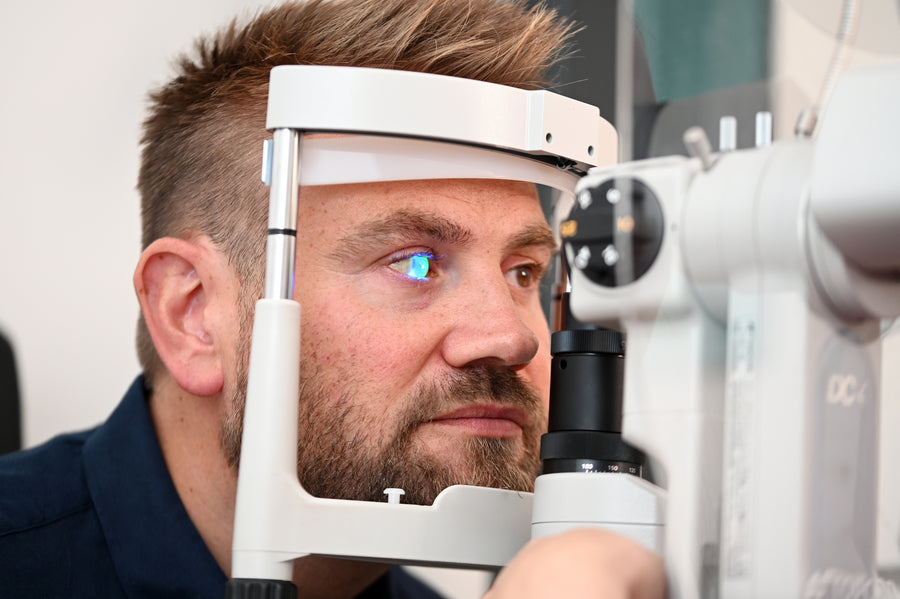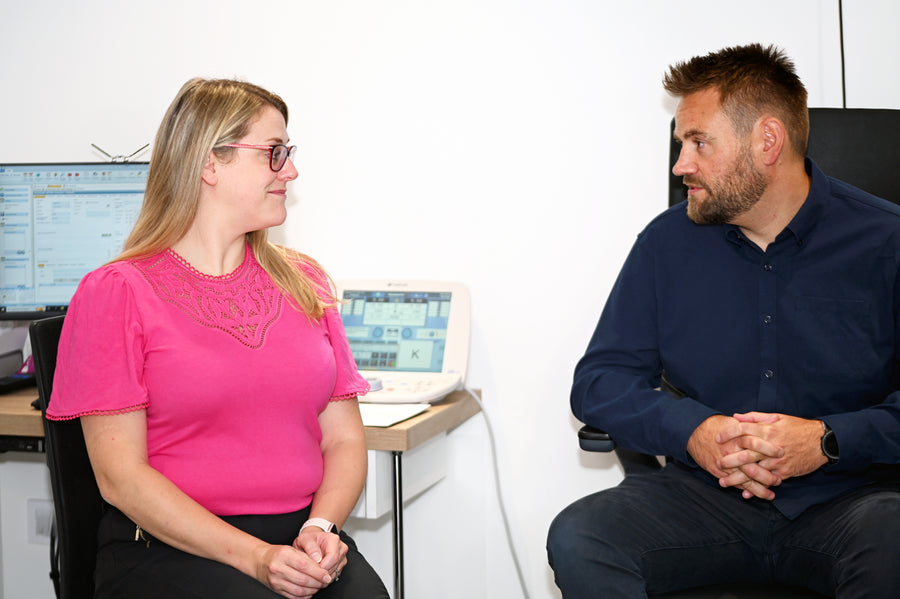Most eye tests take place routinely, and as well as measuring the focus and advising on glasses, the health of the eyes are examined to identify anything that is obviously out of the ordinary.
Occasionally, eye health problems may need more urgent attention or emergency care. These can include symptoms such as:







